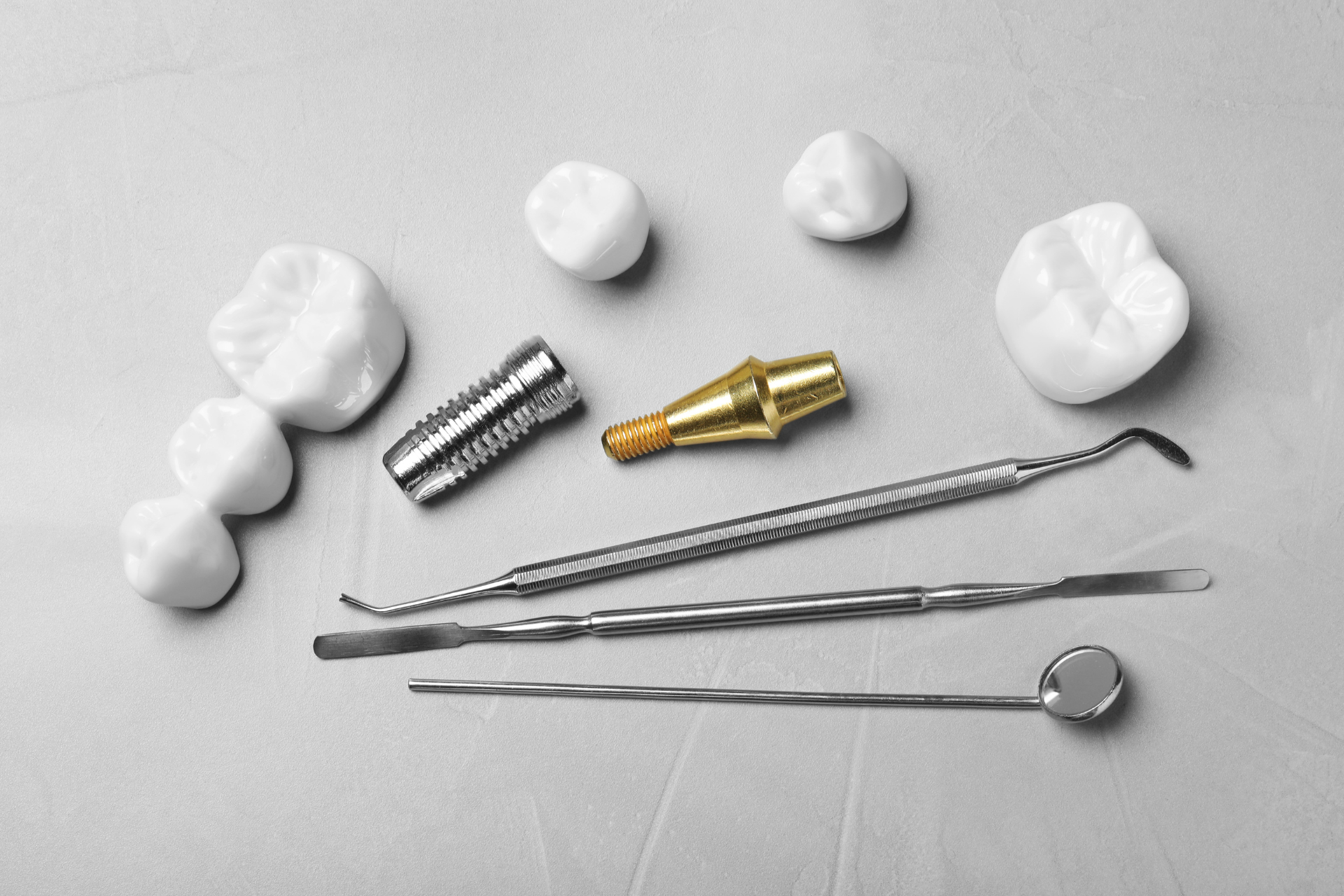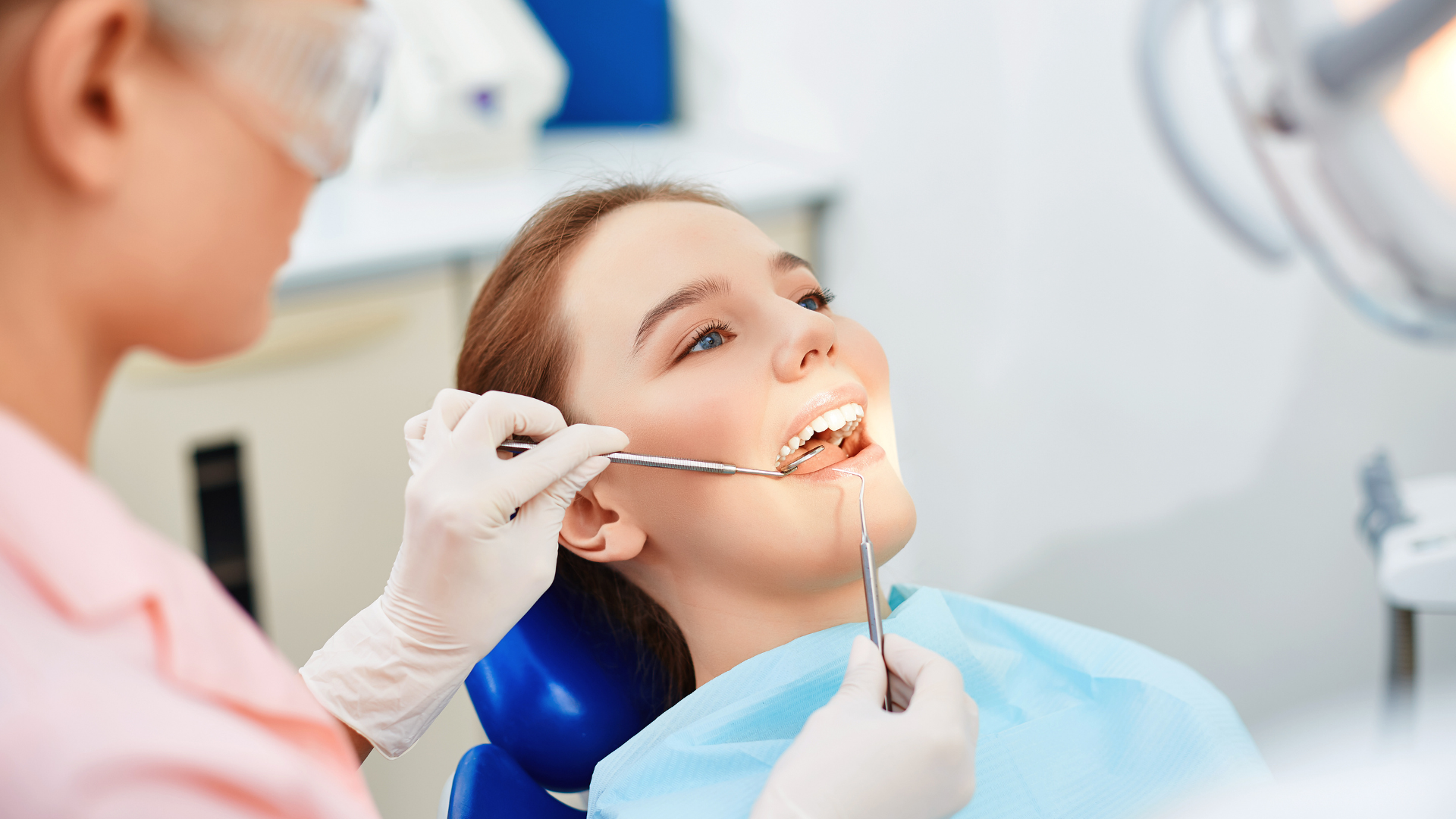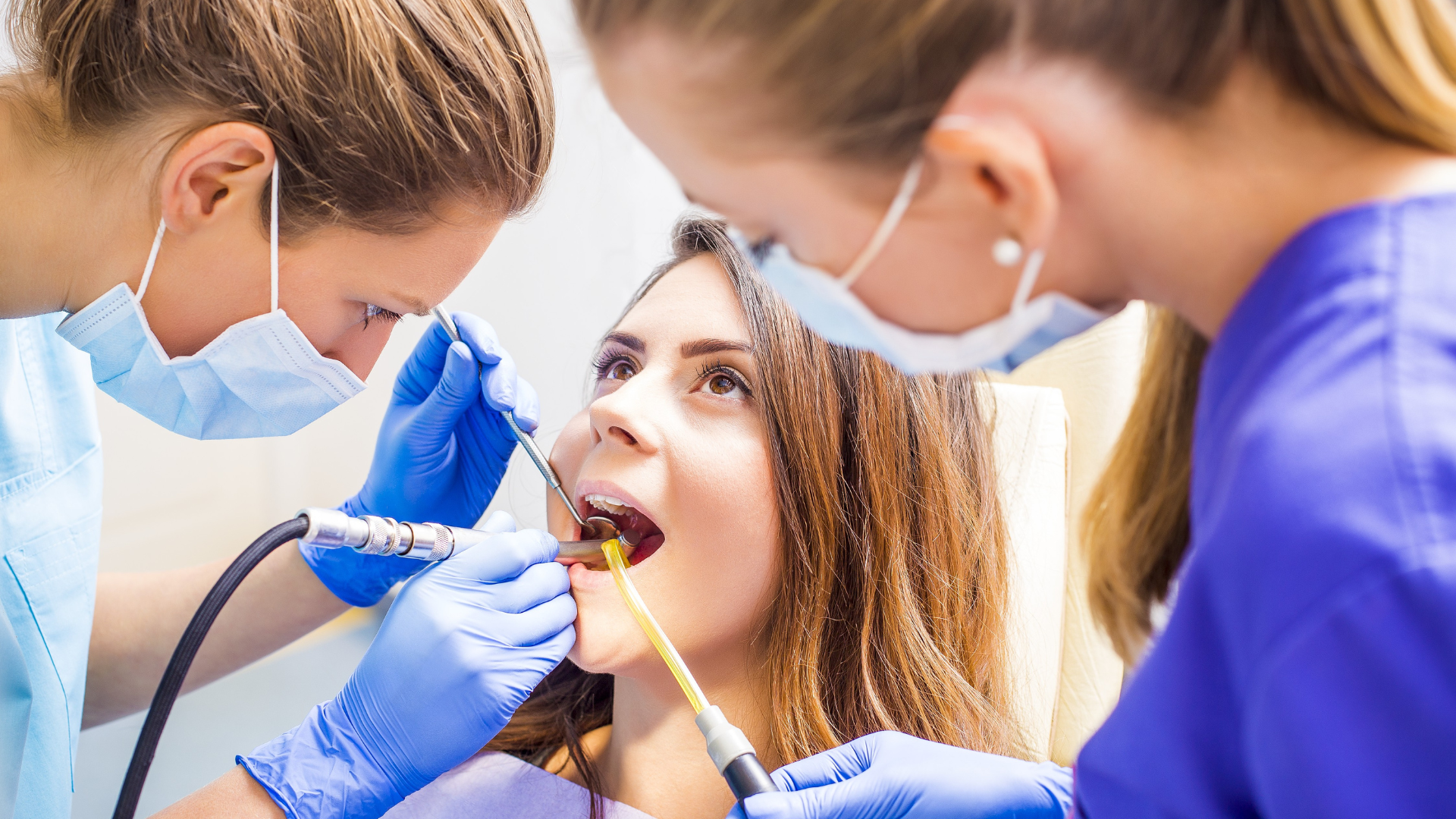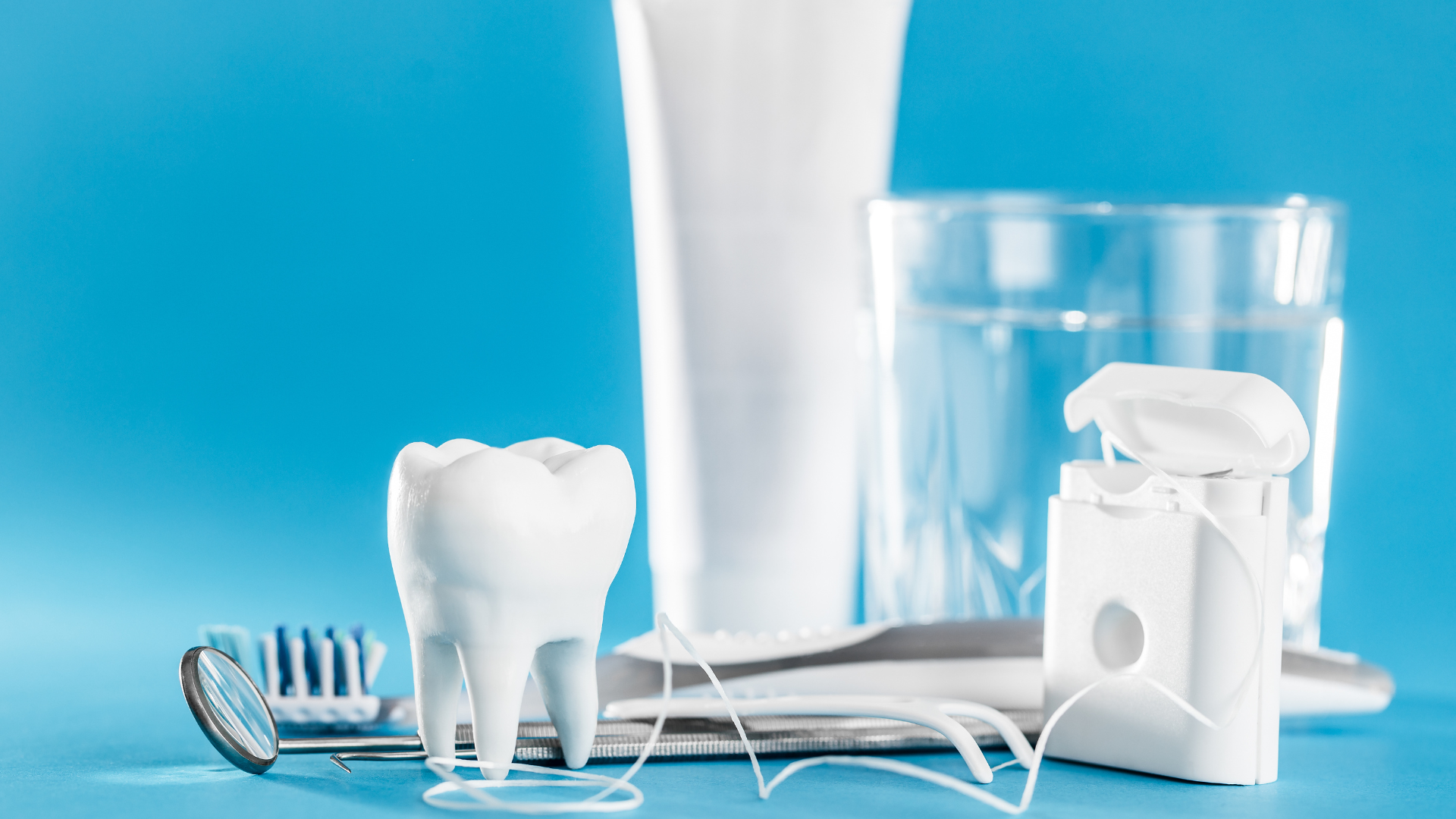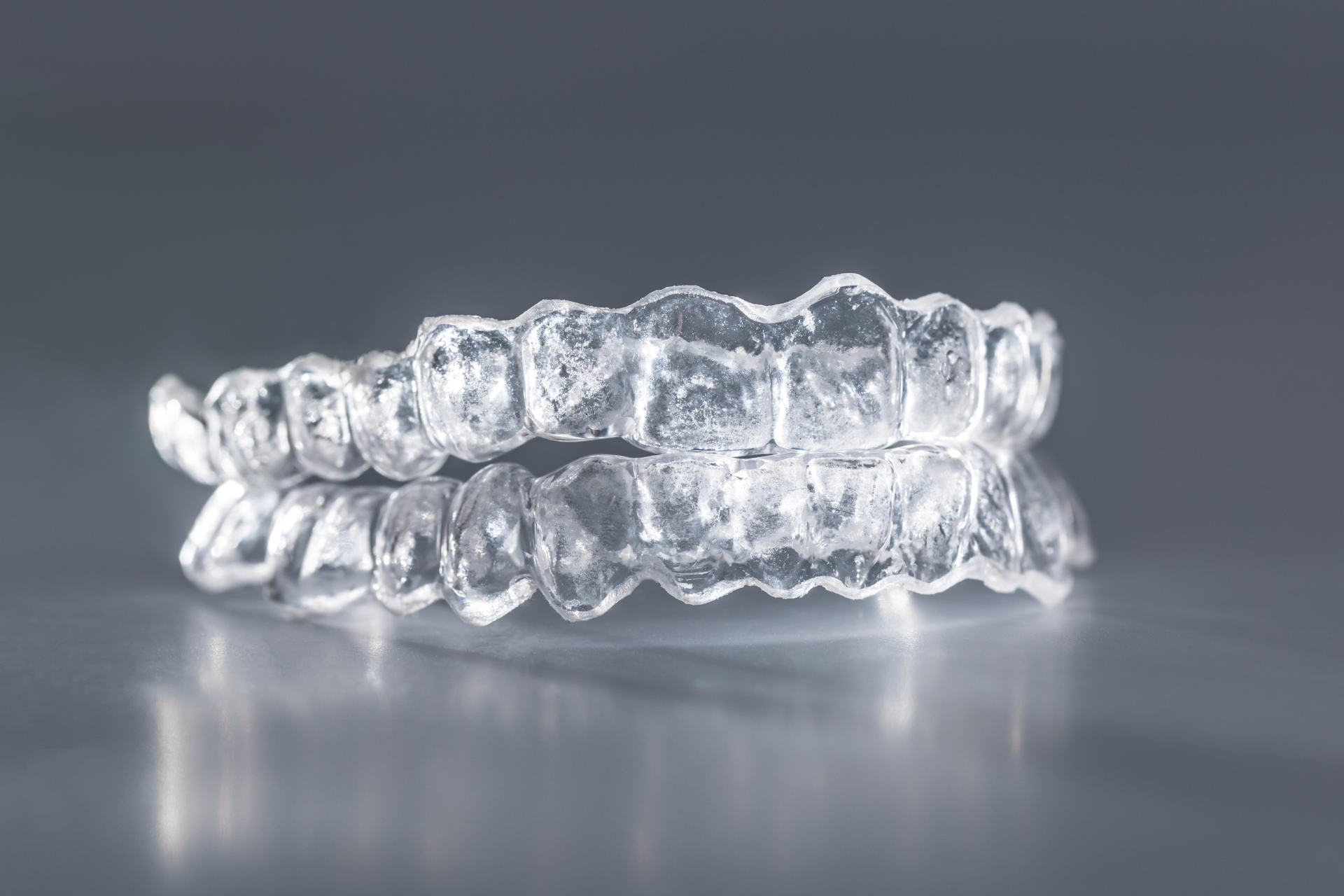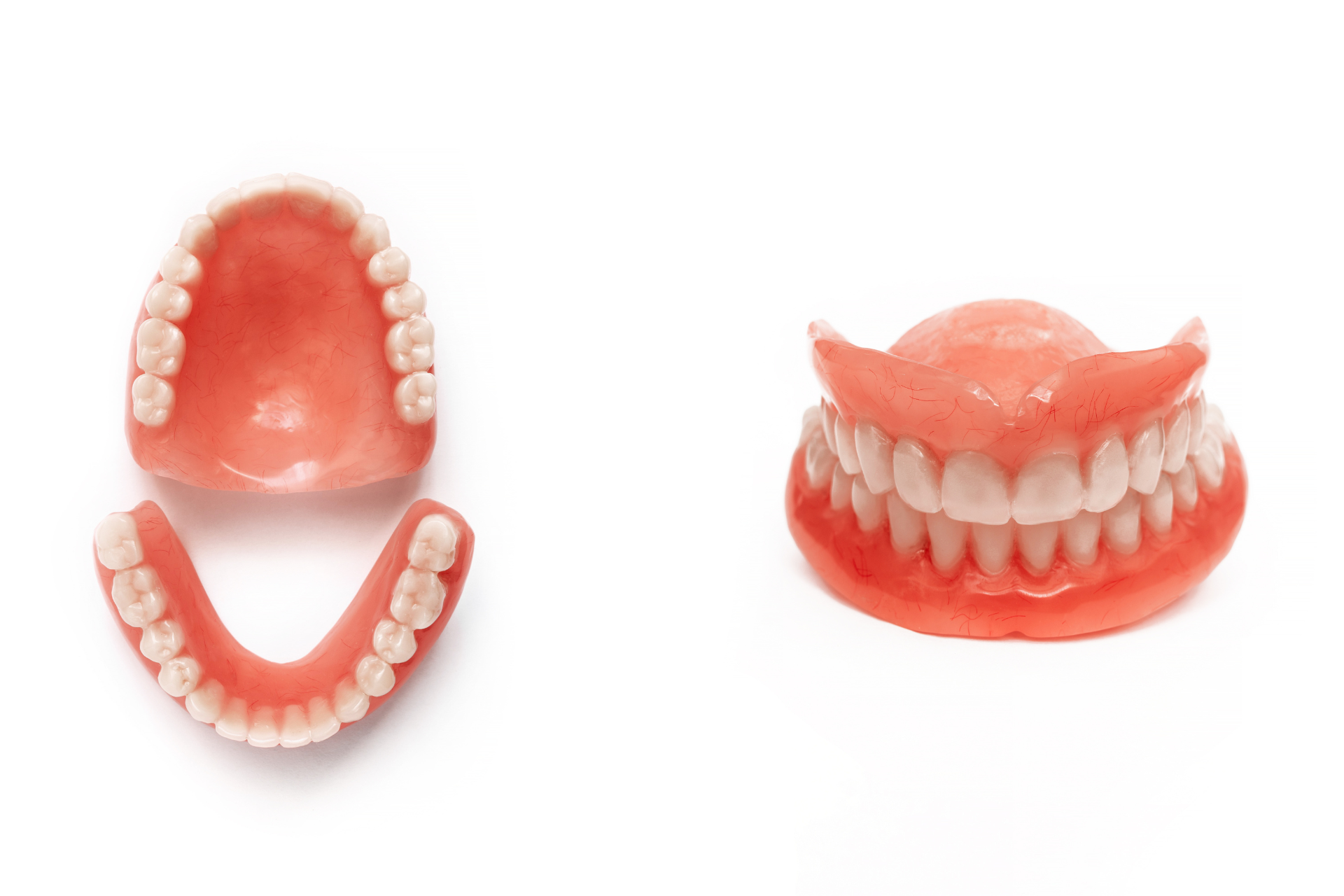Breakthroughs and Trends from Cosmetic Dentists in San Diego
As we reflect on the year 2023 and its impact on the field of cosmetic dentistry, it's clear that this area of healthcare has undergone significant transformations. The pandemic's aftermath continued to influence patient behaviors, technological adoption, and treatment methods. This blog aims to delve into the latest trends, advancements, and shifts in the world of cosmetic dentistry, particularly focusing on developments in San Diego.
Our exploration is grounded in insights from reputable sources within the dental industry. We draw upon the expertise and data from the American Dental Association, which provides a broad perspective on nationwide trends in dental practices and technologies. Additionally, insights from the California Dental Association and the San Diego County Dental Society offer a more localized view of advancements and patient care strategies in San Diego. Furthermore, the Academy of General Dentistry and the American Academy of Clear Aligners contribute specialized knowledge on general and cosmetic dentistry trends, including the growing use of clear aligners in orthodontics.
This comprehensive look at the past year includes technological innovations like
teledentistry,
laser dentistry, and 3D printing, which have revolutionized patient care and practice management. We will also discuss new business models like subscription-based dental services and the increasing importance of natural oral hygiene products. Our aim is to provide a detailed and insightful overview of the state of
cosmetic dentistry
in 2023, setting the stage for what we can expect as we move into 2024.
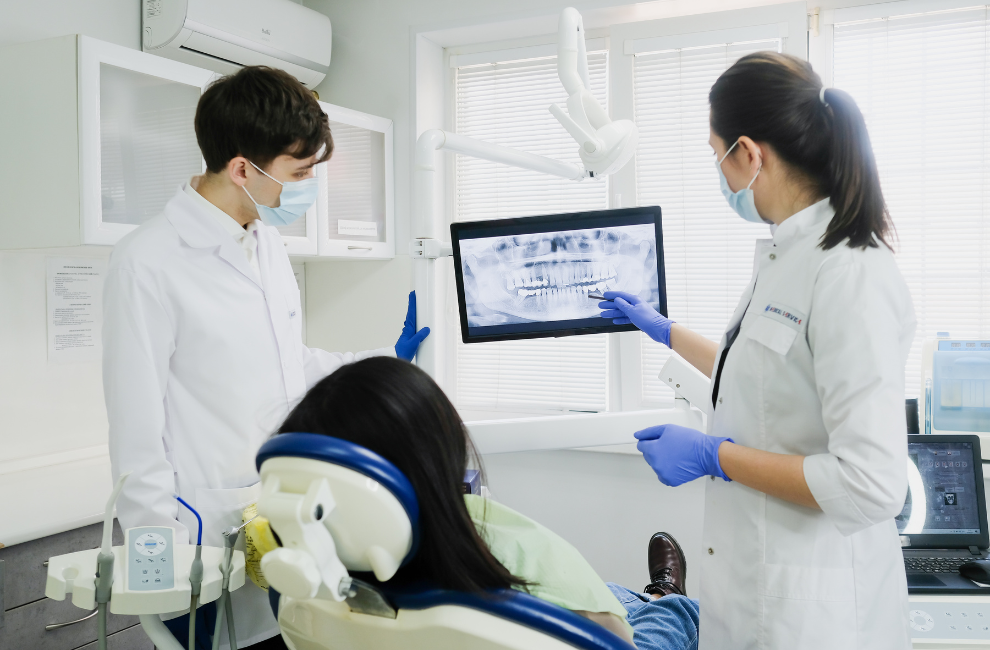
Overview of Cosmetic Dentistry in 2023
The year 2023 has been a landmark period for cosmetic dentistry, characterized by a notable surge in popularity and demand, a phenomenon largely attributed to the post-pandemic landscape. This resurgence has not only been about enhancing aesthetics but has also deeply intertwined with the emotional and mental well-being of patients.
Increase in Popularity and Demand
The pandemic years saw many individuals postponing or outright skipping dental treatments and cosmetic procedures due to health concerns and lockdowns. As the world gradually returned to normalcy, there was a pent-up demand for cosmetic dental services. This surge was not just a rebound effect but also reflected a growing awareness and value placed on oral health and aesthetics. Dental practices observed a significant uptick in appointments, particularly for cosmetic procedures. As noted by sources like Dental Signal and Elegance in Dentistry, there was an increased influx of patients seeking treatments ranging from teeth whitening to more complex procedures like veneers and aligners.
The increase in demand also led to longer wait times in dental clinics, prompting many practices to adapt by expanding their services or adjusting their scheduling strategies. This trend was not isolated to specific regions but observed across various demographics, indicating a broader shift in public perception towards cosmetic dentistry.
Emotional Dentistry: Mental Health Benefits
A fascinating development in the realm of cosmetic dentistry is the concept of 'emotional dentistry.' This trend acknowledges that the impact of dental treatments extends beyond physical changes to significantly affect a patient’s emotional and mental health. As highlighted in industry discussions and reports, emotional dentistry revolves around the idea that a healthy, aesthetically pleasing smile can profoundly affect an individual's self-esteem, confidence, and overall mental well-being.
Tools and techniques in emotional dentistry focus on helping patients visualize the potential outcomes of their treatments, thereby aligning their expectations and emotional responses with the actual results. This approach is not just about delivering a service; it's about understanding and catering to the emotional journey of the patient. The impact of a renewed smile on an individual's mental health cannot be understated. It can lead to improved self-confidence and a more positive outlook on life, as detailed in sources like Dental Signal and Elegance in Dentistry.
The trends of 2023 in cosmetic dentistry, therefore, highlight a comprehensive approach that blends technical advancements with a deeper understanding of the psychological aspects of dental care. This holistic approach has not only expanded the scope of cosmetic dentistry but has also reinforced its role in enhancing both the physical and emotional quality of life for patients.
Technological Advances in Cosmetic Dentistry
The landscape of cosmetic dentistry in 2023 has been profoundly reshaped by technological advancements, particularly through the integration of Artificial Intelligence (AI), laser dentistry, and 3D printing. These technologies have not only enhanced clinical outcomes but also significantly improved patient experiences.
Artificial Intelligence in Dentistry
The integration of AI in cosmetic dentistry has emerged as a game-changer. AI's impact has been diverse, affecting various aspects of dental practice, from patient management to procedural efficiency. According to insights from the American Dental Association, AI has been instrumental in refining diagnostic tools and treatment planning, enabling more accurate assessments and personalized treatment plans.
AI's influence extends to different types of dental practices. Dental Service Organizations (DSOs) have been particularly adept at adopting AI technologies. These larger group practices have leveraged AI for various purposes, including enhancing practice management and patient care. AI applications range from automating administrative tasks to providing advanced analytics for patient treatment trends. This adoption contrasts with solo practitioners, who may be less likely to invest heavily in AI technologies due to cost and scalability considerations.
Laser Dentistry
Laser technology has significantly impacted the field of cosmetic dentistry, offering precision and efficiency in various procedures. Laser dentistry utilizes beams of light to perform a range of treatments, from teeth whitening and gum reshaping to more intricate surgical procedures. This technology has been embraced for its ability to provide less invasive treatments with reduced discomfort and faster recovery times for patients. As reported by Dental Signal and Elegance in Dentistry, the use of lasers in dental treatments has not only improved the quality of care but also enhanced the overall patient experience.
3D Printing
3D printing technology in cosmetic dentistry has revolutionized the way dental restorations are created and implemented. The ability to produce highly accurate and customized dental products such as crowns, veneers, and aligners has transformed treatment protocols. This technology has reduced turnaround times for dental restorations, enabling quicker and more efficient patient care. 3D printing's precision in creating dental appliances has improved both the aesthetic and functional outcomes of treatments.
The integration of these technologies in cosmetic dentistry represents a significant shift toward more efficient, patient-centered care. AI, laser dentistry, and 3D printing collectively contribute to more precise diagnostics, less invasive treatments, and faster, more satisfying results for patients. The advancements in 2023 have set a new benchmark for what can be achieved in cosmetic dentistry, promising even more innovative developments in the years ahead.
Teledentistry and Patient Convenience
In 2023, teledentistry emerged as a significant trend in cosmetic dentistry, enhancing patient access and convenience. This development aligns with the broader adoption of telehealth technologies across various medical fields.
The Rise of Teledentistry
Teledentistry, essentially the remote delivery of dental care, consultation, and education, has grown in popularity for several reasons. Firstly, it offers a solution for patients who may have difficulties visiting dental clinics, such as those living in remote areas, individuals with mobility issues, or those with busy schedules. This method of consultation has been especially beneficial during the pandemic, allowing continued dental care while adhering to social distancing norms.
Secondly, teledentistry has proven to be a boon for initial consultations, follow-up appointments, and basic diagnostic assessments. It allows dentists to provide preliminary advice, plan treatments, and prepare patients for in-office procedures, saving both time and resources.
Optimizing Patient Experience through Technology
Alongside teledentistry, dental practices have leveraged Customer Relationship Management (CRM) systems and website enhancements to optimize the patient experience. CRM systems have become integral in managing patient interactions, automating appointment scheduling, and providing personalized communication. This technology helps in nurturing patient relationships, thereby improving retention and satisfaction.
Website enhancements have also played a crucial role. In an era where digital presence is crucial, dental practices have focused on creating user-friendly, informative, and interactive websites. Features such as online appointment booking, chat support, and informative content about treatments and services have become standard. A robust online presence, including a mobile-friendly website design, has become essential, given the high volume of users accessing health information via smartphones.
These technological advancements, particularly teledentistry, CRM systems, and website improvements, have made dental care more accessible and convenient for patients. They represent a significant shift in how dental services are delivered, focusing on patient-centered care and leveraging technology to meet the changing needs and expectations of patients. The continued evolution of these technologies suggests a future where dental care is increasingly personalized, accessible, and efficient.
New Business Models in Dentistry
The year 2023 witnessed a significant evolution in the business models of dentistry, marked by the rise of subscription-based dental coverage and the increasing demand for laser dentistry. These developments reflect an industry adapting to changing consumer needs and technological advancements.
Subscription-Based Dental Coverage
The shift towards subscription-based dental coverage emerged as a response to the growing need for more predictable and affordable dental care. Traditional dental insurance often comes with complexities and limitations, leading to a segment of the population avoiding dental visits due to cost concerns. Subscription models, however, offer a more straightforward approach. For a fixed monthly or annual fee, patients can access routine dental care, including cleanings, x-rays, and even some more complex procedures.
This model benefits patients by providing a clear, manageable cost structure, eliminating surprises often associated with dental bills. It also allows uninsured individuals to access regular dental care, which is crucial for maintaining oral health.
From the perspective of dental practices, subscription models offer a steady, predictable revenue stream. This is particularly beneficial in managing the financial uncertainties that can come with relying solely on traditional fee-for-service models. Subscription services can also enhance patient loyalty and retention, as patients are more likely to return to a practice where they feel their financial concerns are understood and addressed.
Laser Dentistry
Concurrently, there has been an increasing demand for laser dentistry, driven by its multiple benefits in dental procedures. Laser dentistry uses focused light beams for various treatments, from teeth whitening to gum reshaping and the removal of decay. One of its primary advantages is the precision it offers, allowing dentists to target treatment areas accurately without affecting surrounding tissues.
Patients benefit from laser dentistry in several ways. Procedures are typically less invasive, resulting in less discomfort and faster recovery times. This technology also reduces the need for anesthesia in some cases and minimizes bleeding during and after procedures. The accuracy and efficiency of laser dentistry not only improve patient outcomes but also enhance the overall dental experience.
The adoption of these new business models and technologies like laser dentistry demonstrates the dental industry's commitment to evolving with patient needs and preferences. These trends are indicative of a more patient-centric approach in dental care, emphasizing accessibility, comfort, and quality of service.
Natural Oral Hygiene Products and Sustainable Practices
The year 2023 marked a significant shift in consumer preferences towards natural oral hygiene products, mirroring the broader trend of sustainability and eco-consciousness in personal care. This movement is driven by a growing awareness of the impact of products on both personal health and the environment.
Natural oral hygiene products, including toothpastes, mouthwashes, and toothbrushes made from sustainable materials, have gained popularity. These products often feature organic and non-toxic ingredients, appealing to health-conscious consumers seeking alternatives to traditional, chemical-laden oral care products. Brands are increasingly focusing on herbal and plant-based formulations, avoiding synthetic additives, and embracing ethical manufacturing practices. This shift is also evident in the packaging choices, with many companies opting for biodegradable or recyclable materials to reduce plastic waste.
The market impact of this trend is substantial. Consumers' inclination towards natural and sustainable products has led to a noticeable expansion in the range of available eco-friendly dental products. Companies that have traditionally focused on conventional oral care products are now adding natural alternatives to their product lines to meet this demand.
This trend towards natural oral hygiene products represents a broader shift in consumer behavior, where personal health and environmental sustainability are becoming key factors in purchasing decisions. As this trend continues to grow, it's expected to further influence product development and marketing strategies in the dental industry, aligning with the global movement towards sustainability and wellness.
Conclusion
The landscape of cosmetic dentistry in 2023 was defined by significant technological advancements, evolving business models, and a shift towards sustainability. The integration of AI and digital technologies like 3D printing and laser dentistry has enhanced treatment precision and patient comfort. Subscription-based dental coverage emerged as a new model, offering predictable costs and improved patient retention for dental practices. Moreover, the rise in popularity of natural oral hygiene products reflects a growing consumer emphasis on health and environmental sustainability.
Looking ahead to 2024, we can anticipate further advancements in technology, particularly in AI and digital dentistry, which are expected to continue improving patient care and practice efficiency. The trend towards natural and sustainable products is likely to gain more traction, influencing product development and consumer choices in the dental industry. As these trends evolve, they will shape the future of cosmetic dentistry, making it more accessible, efficient, and aligned with broader societal values.
Frequently Asked Questions
These FAQs provide a snapshot of the key trends and innovations in cosmetic dentistry as of 2023 and look ahead to future developments in 2024.
As we look ahead to 2024, Marina District Dentistry stands at the forefront of embracing and implementing the most relevant trends and technologies to their practice. This esteemed practice is committed to serving its community and beyond, with a passion for advancing the health and science of dentistry.
Marina District Dentistry is dedicated to enhance diagnostic precision and personalize treatment plans for each patient, ensuring the highest quality of care.
The team at Marina District Dentistry understands the importance of patient accessibility and convenience, working to make dental care more accessible to patients by removing barriers to care.
In line with the growing demand for sustainable and health-conscious choices, Marina District Dentistry supports natural oral hygiene products. The use of natural products aligns with their commitment to patient health and reflects their dedication to environmental sustainability.
Above all, Marina District Dentistry is passionate about advancing the science of dentistry. By looking to innovate and improve, staying abreast of the latest research and developments in the field. Their commitment to education, both for their team and their patients, ensures that they remain at the cutting edge of dental care.
As we move into 2024, Marina District Dentistry's commitment to excellence, patient-centered care, and innovation in the field of cosmetic dentistry positions them as a leader in dental health and wellness. Their forward-thinking approach is a testament to their dedication to meet and exceed the evolving needs and expectations of their patients.
